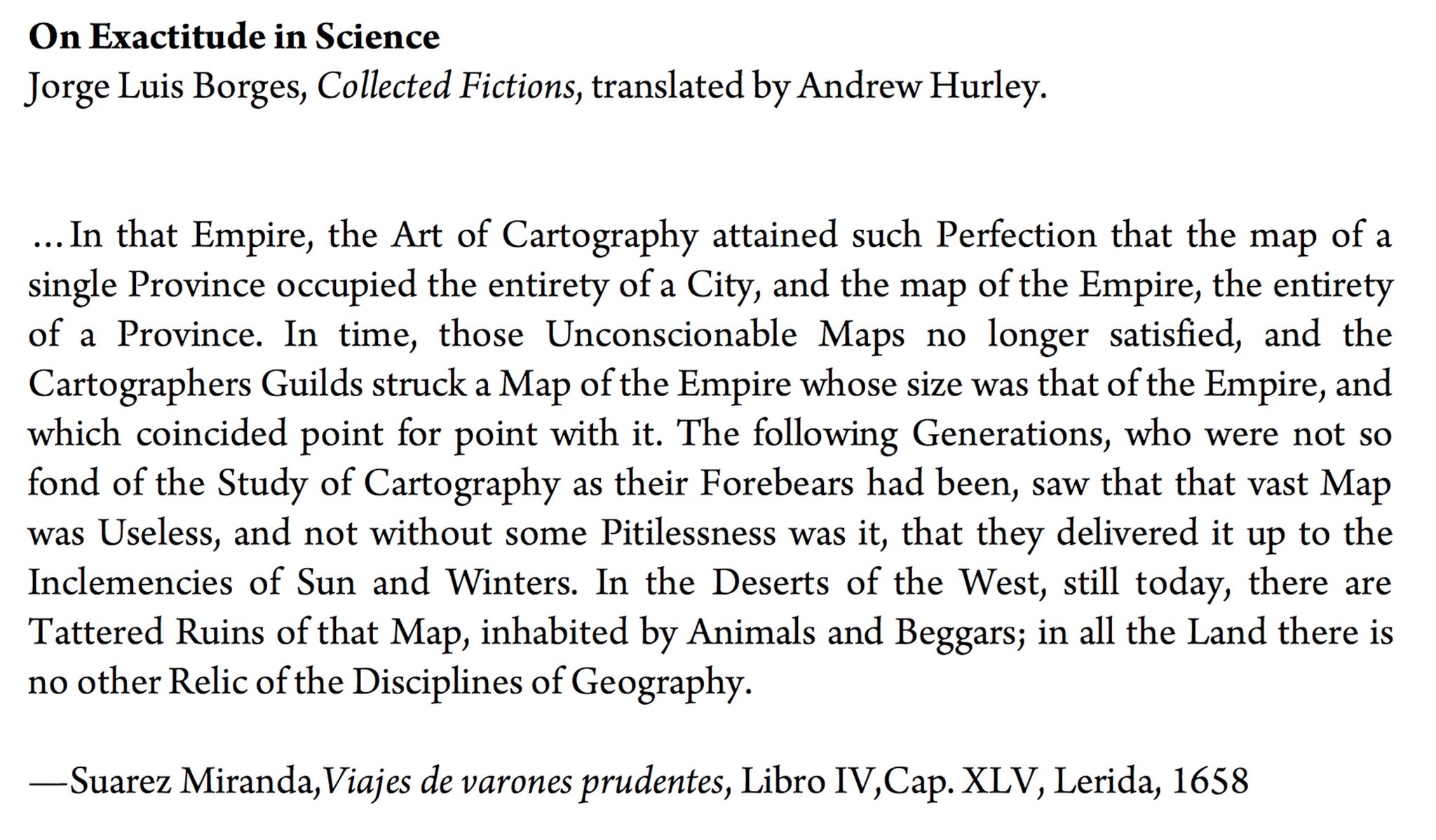Há tempos numa empresa, alguém se queixava da falta de assertividade na sua produção.
.
As pessoas engonhavam e engonhavam com medo de tomar uma decisão, ou de tomar uma decisão incorrecta. Metaforicamente, procuravam um desempenho de laser para um trabalho de carpintaria.
.
Entretanto, ontem durante uma caminhada matinal surgiu-me a explicação para o problema e uma proposta de resposta:
A empresa começou como uma pequena empresa que foi ganhando os seus clientes e construindo o seu mercado como uma empresa com qualidade superior (aqui qualidade como sendo mais atributos, como sendo artesanal no sentido mais nobre da palavra).
.
Entretanto, a empresa foi crescendo e crescendo, sempre reforçando a sua componente de qualidade, de precisão, de detalhe.
.
Até que chegamos à actualidade. O regresso crescente de multinacionais que produziam na Ásia para a Europa, abriu-lhes uma oportunidade interessante, mudar de paradigma produtivo, passar a produzir encomendas muito grandes a custos unitários mais baixos e com menores exigências com o pormenor, e com a qualidade no sentido de mais atributos.
.
Foi aqui que me apareceu na mente o Funil do Conhecimento de Roger Martin:
A figura está explicada em "
A dúvida está instalada".
.
É preciso passar da fase do mistério, relevante para o trabalho de pormenor, de artista, de artesanato, para uma fase de algoritmo.
.
Quem está na linha de produção tem de ter algoritmos que ajudem a tomar decisões correctas rapidamente. E foi então que me lembrei do ...
PLASFOCO.
.
E, percebo agora, é um dos vectores de actuação que resultou desta
análise a uma empresa bem mais pequena, no âmbito de um projecto ISO 9001
O nível de crescimento da empresa levou-a a um patamar que já não se compadece com o mistério, com o conhecimento apenas na posse de uma pessoa. Isso está impedir a empresa de dar o salto para o nível seguinte.
.
BTW, o seu projecto ISO 9001 na sua empresa questiona a sua empresa, a sua organização, a sua estratégia?








%2006.21.jpeg)






















